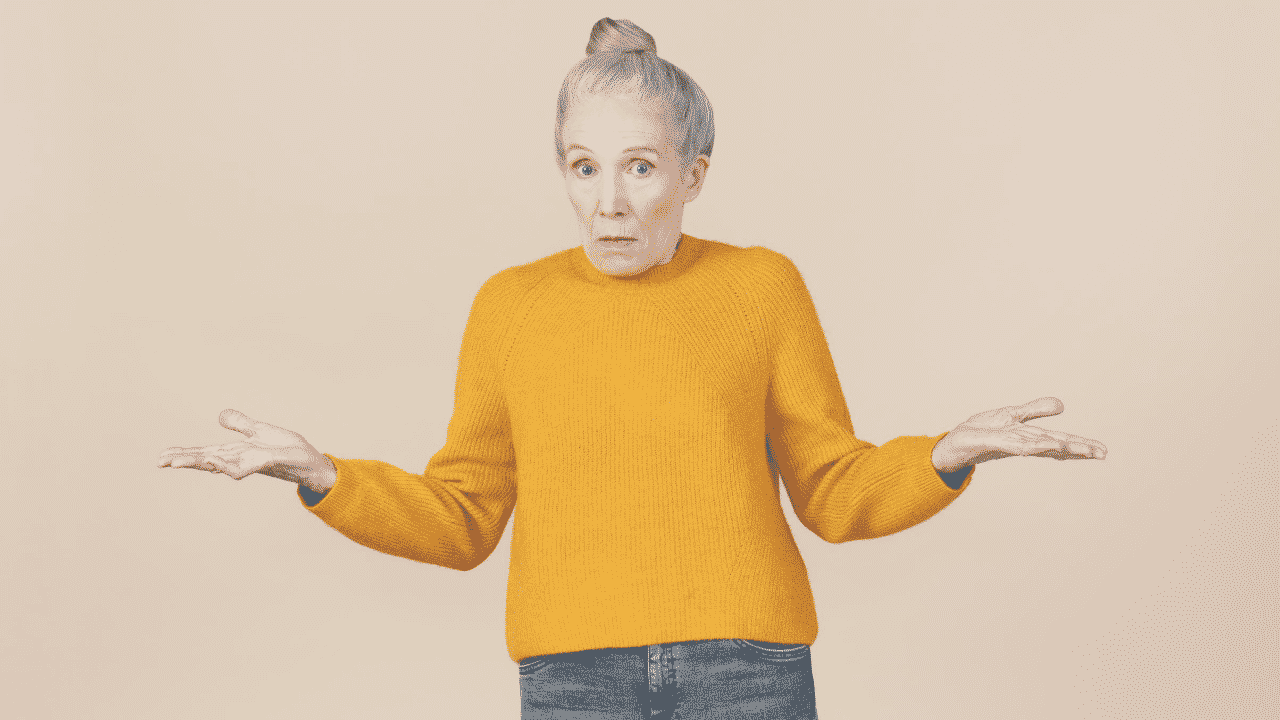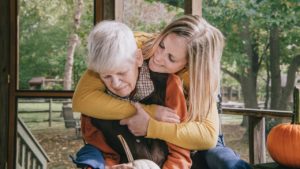You’ve heard people say “she’s doing great! She’s old, but she’s all there!” or “he’s 90 and still so sharp!”
These statements about older adults make the assumption that with aging comes serious cognitive problems, like dementia! But, these ideas are actually not supported by science and in fact, are a myth.
In today’s episode, I answer the question…
Is Dementia a Normal Part of Aging?
Here’s a peak in side the episode:
- [02:28] If dementia is not a normal part of aging, what exactly is dementia?
- [05:00] Dementia is an umbrella term. Underneath the umbrella are a variety of dementia disorders, like Alzheimer’s disease and many others.
- [08:12] In the early stages, dementia can be hard to diagnose. Learn more about how dementia gets diagnosed here.
- [09:37] Now that you know that dementia is not a normal part of aging. How common are dementia disorders? Here are some recent dementia statistics.
- [10:25] Learn what to do if you notice memory problems in your older loved one.
At the end of this episode, you’ll have a better understanding of what dementia is, and what to do if you’re concerned about memory problems in someone you love.
Why do I want you to know that dementia is not a normal part of aging?
If you believe that significant memory loss comes with age, you’re more likely to put off necessary medical evaluations, which help to identify if there is a dementia disorder causing memory problems or some other medical condition that needs to be treated or managed.
So, when you notice memory problems in your older loved one, it’s important to take these changes seriously and to help your older loved one see their doctor.
The sooner you can work toward a diagnosis and a plan, the more empowered you and your loved one will be in living a life with dementia or whatever the condition is!
Is your loved one refusing to go to the doctor? Don’t worry. I got you covered. Listen to this episode: Older Adult refusing to go to the doctor? Try these 5 Expert Tips
Links mentioned in this episode:
- 7 Benefits of Early Diagnosis of Dementia
- Know the 10 Memory Loss Warning Signs
- 5 Next Steps if You’re Noticing Signs of Memory Loss
- Learn more about benefits of early detection of dementia in my interview with Dr. Vonetta Dotson.
- Watch the video connected to this episode, here.
References:
- 2019 Facts and Figures Report published by the Alzheimer’s Association
- Institute for Dementia Research & Prevention at Pennington Biomedical Research Center





